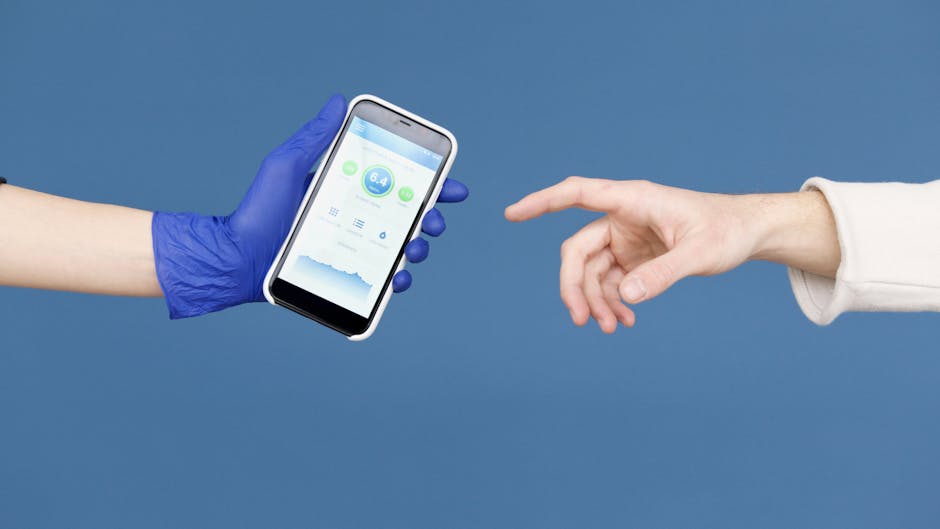Safety in the Digital Age: Protecting Your Information
As a frequent traveler and avid user of technology, I often find myself relying on my devices to navigate new places, stay connected with loved ones, and document my adventures. However, as convenient and essential as technology may be, it also comes with its own set of risks. In this blog post, I want to share some tips and advice on how to protect your information in the digital age while traveling.
Stay Vigilant in Public Wi-Fi Zones
One of the biggest threats to our digital safety while traveling is the use of public Wi-Fi. While it may be tempting to connect to free Wi-Fi in airports, cafes, or hotels, it’s important to remember that these networks are often unsecured and can make your personal information vulnerable to hackers. To protect yourself, consider using a virtual private network (VPN) when connecting to public Wi-Fi. A VPN encrypts your data and makes it more difficult for hackers to access your information.
Additionally, be cautious of entering sensitive information, such as passwords or credit card details, while connected to public Wi-Fi. It’s always best to wait until you have a secure internet connection before making any online transactions.
Be Mindful of What You Share on Social Media
We all love to share our travel experiences on social media, but it’s important to be mindful of what we post. Sharing too much information, such as your location, itinerary, or personal details, can make you an easy target for thieves or scammers. Before posting, ask yourself if the information you’re sharing could potentially compromise your safety or privacy.
Another tip is to adjust your social media privacy settings. Consider making your accounts private or limiting who can see your posts and personal information. This can help protect you from strangers seeing your content and potentially using it for malicious purposes.
Protect Your Devices
Our smartphones, laptops, and tablets hold a wealth of personal information, making them prime targets for thieves. To protect your devices, make sure to always keep them with you and not leave them unattended in public places. When traveling, consider using a backpack or bag with anti-theft features, such as slash-proof material or locking zippers.
It’s also a good idea to password protect your devices and use a strong, unique password. This can prevent unauthorized access to your personal information in case your device gets lost or stolen.
Use Two-Factor Authentication
Two-factor authentication adds an extra layer of security to your online accounts by requiring a second form of verification, such as a code sent to your phone, in addition to your password. This can prevent hackers from accessing your accounts even if they have your login credentials. Many popular websites and apps, such as Gmail, Facebook, and Instagram, offer two-factor authentication as an option. Take advantage of this feature to protect your accounts and personal information.
Keep Your Software and Apps Up to Date
It’s important to regularly update your software and apps to the latest versions, as these updates often include security patches and bug fixes. Outdated software can leave your devices vulnerable to cyber attacks. Set your devices to automatically update when new versions are available, or be sure to manually check for updates regularly.
Be Wary of Scams and Phishing Attempts
Scammers and cybercriminals are constantly coming up with new ways to trick people into giving away their personal information. While traveling, it’s important to be extra vigilant and aware of potential scams. Be cautious of suspicious emails or messages asking for personal information or money. If something seems too good to be true, it probably is.
It’s also important to be aware of phishing attempts, where scammers try to obtain your login credentials by posing as a legitimate website or company. Always double-check the URL of the website you’re entering your login information on, and never enter your password on a site that doesn’t have a secure connection (look for “https” in the URL).
In Case of Emergency: Have a Backup Plan
Despite our best efforts, sometimes our personal information may still get compromised. It’s always a good idea to have a backup plan in case of an emergency. Before traveling, make copies of important documents, such as your passport and credit cards, and store them in a secure location, such as a safe in your hotel room. It’s also a good idea to have emergency contact numbers and access to your bank’s customer service in case you need to report stolen credit cards or fraudulent activity.
Final Thoughts
In today’s digital age, it’s important to be proactive and take steps to protect our personal information while traveling. By following these tips, you can minimize the risks and enjoy your travels with peace of mind. Remember to stay vigilant




